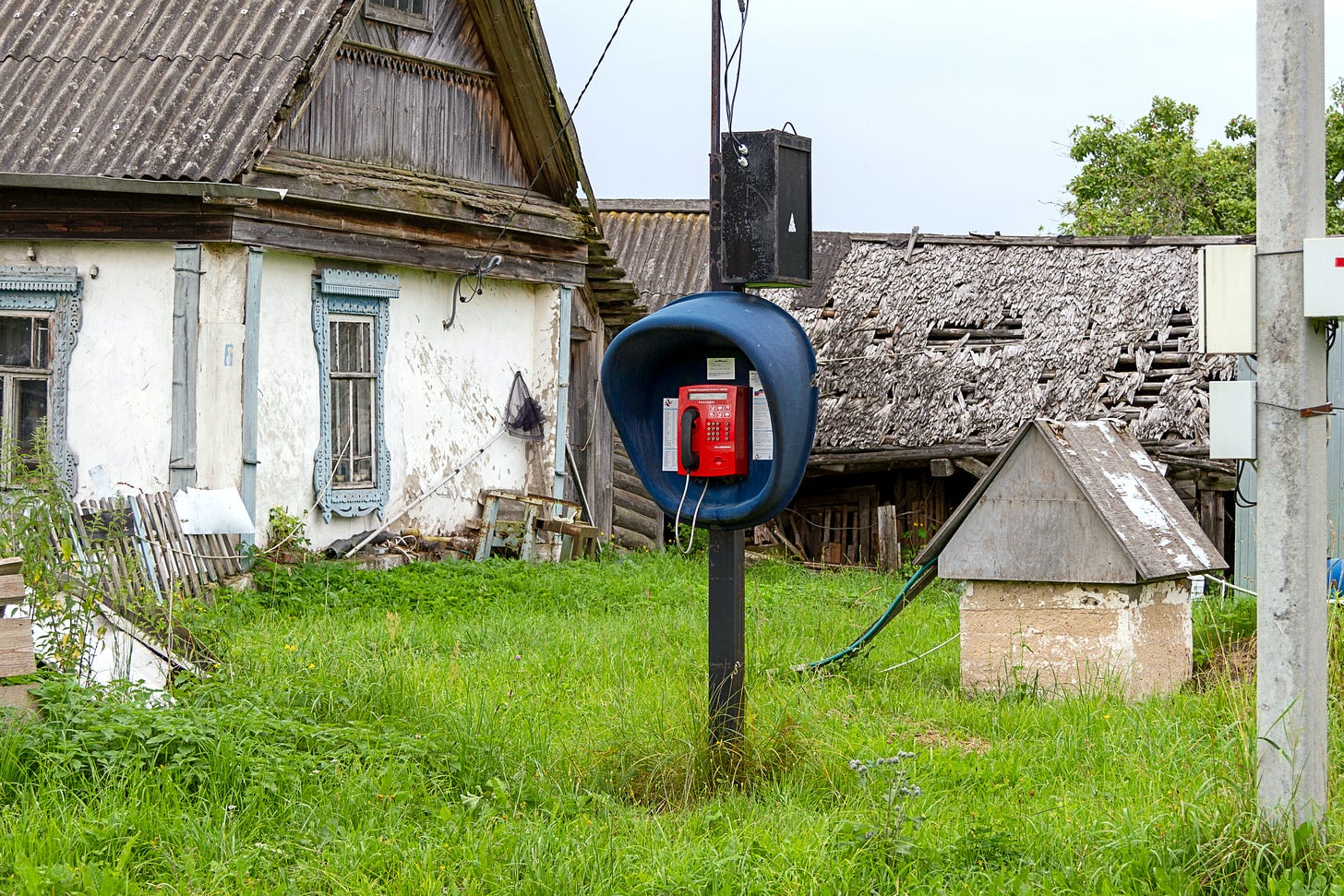Emergency Contact Theory
Who do you turn to when things get weird?
Things have been so turbulent for me in 2023 that Kyle and I have created a shorthand when talking about the flaming ferris wheel of conflict and grief affecting our worlds.
It begins like this: “I mean, on a good day…” and then usually goes on to outline how strained a particular dynamic with a friend or family member or work might feel even in the best of times, so of course it falters when things are hard.
On a good day, we can hardly stay on the phone for more than 10 minutes, so it’s basically impossible for us to address anything now.
On a good day, my work feels ambiguous, so now it has tipped into total spiraly chaos.
On a good day, we struggle to get vulnerable with each other, so how am I supposed to tell them how I’m feeling after this happened?
I’ve been thinking a lot about these alleged “good days”! How when stuff hits the fan, it loads strain and stress on top of wherever your relationships are in that moment.
It is pretty simple: the people we turn to in emergency are those we turn to on the good days, too.
We have their phone numbers and know their birthdays. We’re in solid relationship with them. They know us well enough in those moments that they feel okay sending a picture of their adorable baby to cheer us up. Or a poem that doesn’t make us cringe. Or a collection of memes screenshotted from social media that they know we’re not on anymore.
I can’t help but think about how this scales up – or how it doesn’t – at the civic level when it is so hard to accomplish in our own tiny little personal lives. When our communities are in crisis – when there’s a pandemic, or a terrible act of violence, or a natural disaster – who do we turn to? Where do we go to offer support or receive it?
Who do we turn to on the good days?
If the answer is “not anyone, really” it’s going to be a real stumper when things get hairy. Yes, there are incredible organizers out there doing the work on good days and bad, building power and coalitions, organizing aid, knowing how to welcome folks in when there are moments of emergency and people are hungrily looking for a way to help. And these opportunities can galvanize us, spark lifelong organizing journeys.
But this is not the same as building relationships and being in community on a good day. It’s not the same as knowing your neighbors well enough to know where their kids go to school, or meeting people doing mental health work or transportation planning in your city while you eat hot dogs together, or honestly just enjoying a freaky dance party with a bunch of artists who you think are cool.
These moments of joy and ease and dancing are where we tend to relationships on the good days so that we know where to go on the bad. I know for me, they can feel less important, less explicit, less strategic than becoming an organizer with a capital o. I think the distinction that’s interesting to me here is that while this can feel like not important work, like you’re just eating a hot dog with somebody, every relationship is a seed for something greater. On the good days, you’ve made a dear friend. And on the bad, you know exactly who you can call to do something about it.
What happens if we build community relationships so strong they feel like our emergency contacts? What if building relationships with strangers in our town becomes an organizing principle? Who would you turn to first?
Or why don’t you share this with your emergency contact and go make other emergency contacts together?





